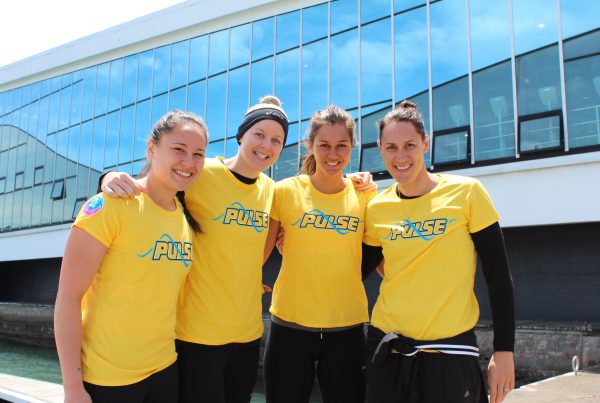
Our screen sector and the intellectual property we produce in long-form television, movies, gaming, toys, interactive tools, apps and other transmedia and interactive technologies hold significant potential for New Zealand’s future.
There are several factors that create an economy that is competitive, relevant and therefore resilient: sustainable levels of investment in infrastructure, people and projects; access to larger markets; and consistently high-calibre talent coming through the education system, armed not just with academic degrees but a commercial focus, skills and awareness to form partnerships that will successfully assist in exploiting their work.
The primary industries that are synonymous with our national identity have these elements firmly in place. Our newer industries need to build on these solid foundations. One of the toughest questions to answer here is the classic chicken and egg conundrum: which comes first, infrastructure, investment or talent?
By talent, we refer to writers, actors, directors, programmers, designers, animators, finance experts and producers, among others. These are our storytellers, rain-makers, tree-shakers and dream-chasers.
Based in Wellington, the PIPI Trust and its programme aim to empower the next generation of IP creators to commercialise their own creative content and export it to the world. The programme introduces industry process and critical assessment to the development of entertainment properties, and gives the creators an insight into commercial realities and how private sector partners can shape emerging talent to fit into the needs of the industry.
Sparked by a need to upskill New Zealand writers to international standards in order to foster show-runner writers that can eventually match the likes of Shonda Rhimes (Grey’s Anatomy), Neil Cross (Spooks, Luther, Crossbones), David Benioff (Game of Thrones), Matthew Weiner (Mad Men) and Steven Moffat (Sherlock, Doctor Who), the recently created PIPI Trust is supported by Victoria University, Massey University, Pukeko Pictures, Gamefroot.com, Grow Wellington and Chapman Tripp.
To succeed in the collective goal to create world-class content in gaming, film and television requires innovative storytelling and design technique, combined with a clear understanding of international marketplace requirements. The PIPI programme is particularly focused on matching up complimentary skill-sets — writers working with designers, for example, as a creative and commercial collaboration. Great things are never achieved alone.




